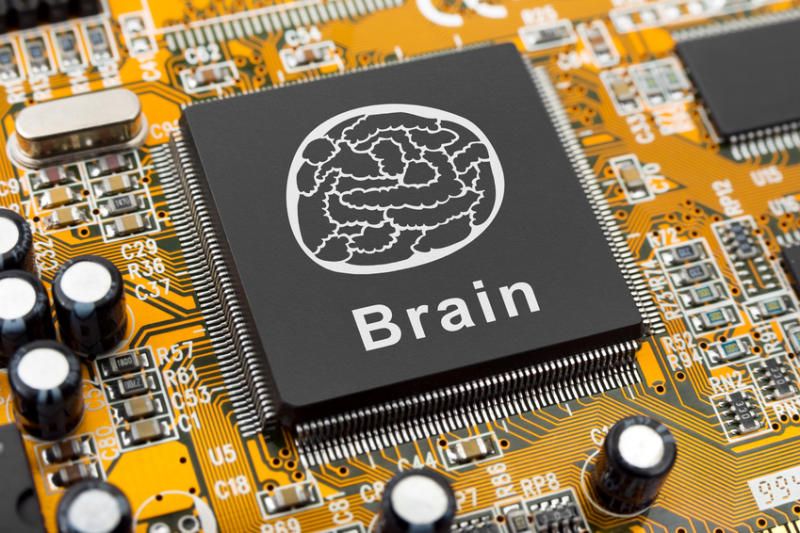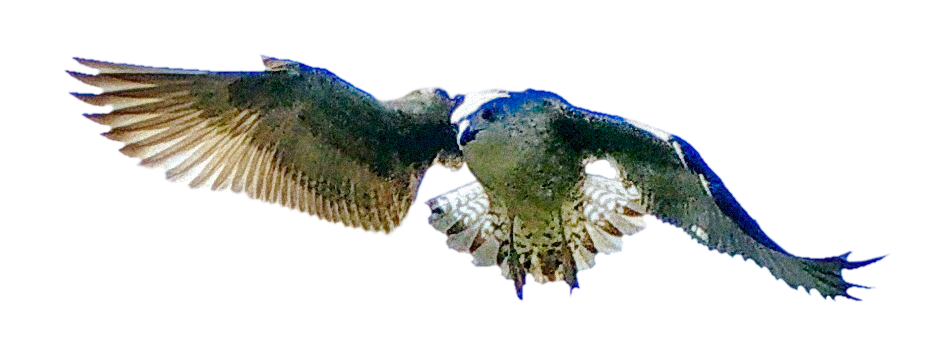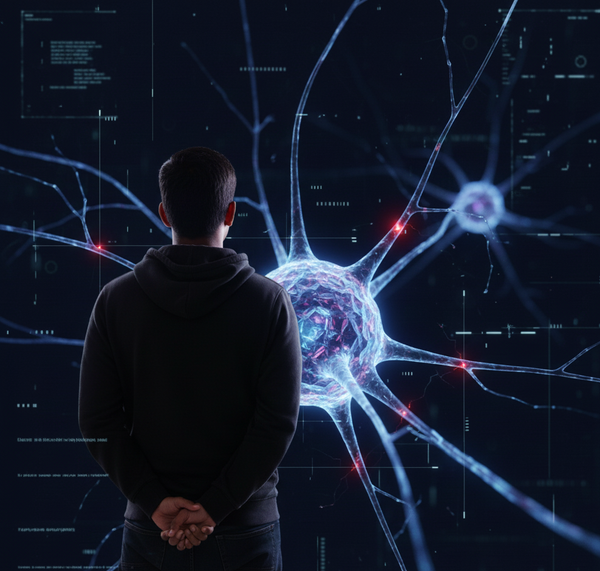About Cognitive Neuromorphic Engineering

I was there four years ago, when the main topic was the design of the Neuromorphic chips that are now available for experiments, together with sensors like the Silicon Retina developed by Toby
The focus today has shifted mainly to programming the chips, and it is not an easy task! The main difficulties lie in the different programming methodology one should adopt. These chips are clock-less chips implementing different flavors of spiking neuron models. Programming the chips requires a new paradigm which is not there, so PHDs spend most of their time implementing simple behaviors such as Winner Takes it All.
That's why other PHDs are creating some kind of primitives that could be used as building blocks when developing more complex programs using Neuromorphic Hardware.
Yet, other PHDs are also working on some kind of simulated development of the Human Neocortex. Development could be used to configure a Neuromorphic chip in the future; imagine having to configure a million or even a billion neurons and their synapses by hand or using a centralize algorithm: the problem is clearly a combinatorial explosion which can possibly be solved by a more localized and parallel approach, hence development.
The feeling I take home, very similar from four years ago, is that we are still far away from understanding the principles of how the brain works. There is a mismatch between the simplicity of the neuronal models we are able to implement, and the complexity of the actual cells, or between the modeled and actual connectivity of the Neocortex (which we are still trying to figure out).
Nevertheless these interdisciplinary ventures are important to allow people from very different backgrounds to work together, because, probably, the only way to truly understand the brain is to have a multidisciplinary approach.
Maybe, just maybe, it could be better to work on really simple neuronal architectures like the ones of the C-elegans or even the Planaria, trying to develop silicon chips that can eventually match the full complexity of simple animals, given our limited current technology.
The inspiration I get at these workshops is huge. Researchers face similar problems of complexity, distributed, parallel architectures. The Net will be a better environment when these ideas are fully adopted; I see a big opportunity here!
As a closing thought, the more I dig into biology, the more evident it appears that "simple" tools like mathematics are not the right tools to understand that kind of complexity. We truly need a huge Copernican shift in understanding!




